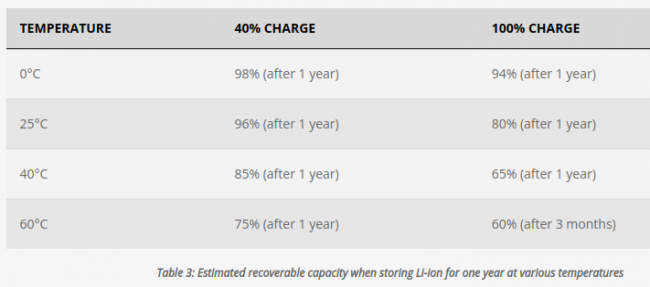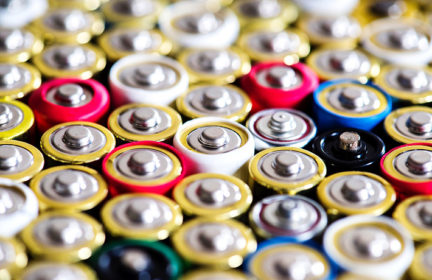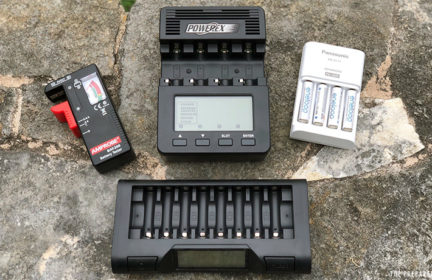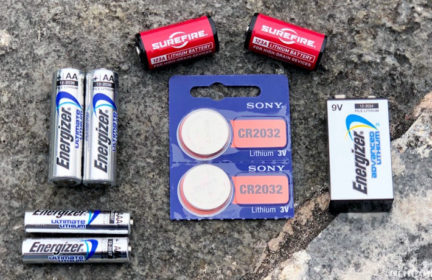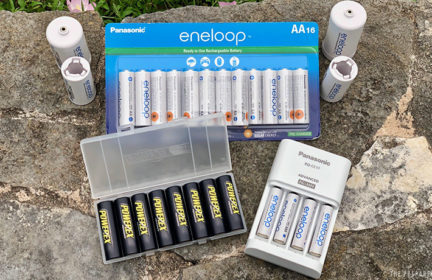Nerd out on everything you ever wanted to know about batteries
I came across a website called Battery University. https://batteryuniversity.com/articles has tons of articles on various battery types, best ways to charge batteries, how to prolong battery life, future technology, and so much more.
It seems like everything we own relies on batteries. Phones, laptops, watches, ham radios, flash lights, power tools, and even our cars.
The articles are in basic English that all of us here should be able to understand and comprehend, but does require a bit more focus than it takes to read a Facebook comment.
Here are a few nuggets I’ve read so far and have been translated into Facebook comment easy reading –
- It’s better to slow charge devices than to use an ultra-fast charger. Have a slower charger (1 amp) by your nightstand for slow charging over night. And a faster charger (2 or 3+ amp) in another location for those occasions when you need a quick top off.
- It is better not to drain a battery fully but charge it more often.
- Lithium-ion batteries new from the factory start out at 100% capacity and lose their ability over time. Lead acid batteries start out at 85%, and actually gain more capacity as they age, but after hitting their peak will start to decline.
- Avoid aftermarket batteries and chargers to save some money. They might not have as much capacity or performance and are a safety hazard that take work arounds of knowing when to stop charging.
- Keeping lithium-ion batteries topped off at 100% actually stresses them out and causes them to decline and age. Keep batteries between 30-80% charge for longest life. This also means though for prepping that it’s important to have ways to charge devices without the grid.
- Elevated temperatures are one of the biggest contributors to battery decline.
Table showing how temperature and battery charge affects capacity –
One last note from myself. Don’t just throw away any electronics or your batteries. Electronics contain precious metals such as gold and silver, and other toxic materials like lead or acid. Best Buy recycles old electronics, or take things to your nearest Apple store for free recycling or they will even pay you for old devices, not just Apple products. https://www.apple.com/shop/trade-in
-
Comments (1)
-
